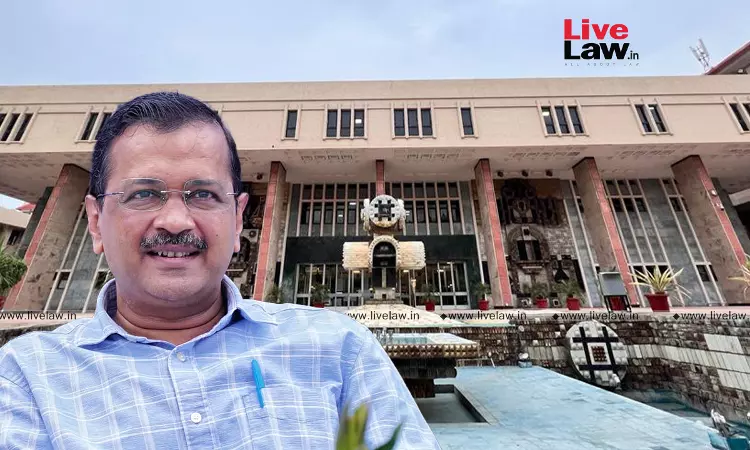Delhi High Court Rejects PIL For Removal Of Arvind Kejriwal From Post Of Chief Minister
Nupur Thapliyal
28 March 2024 1:23 PM IST

Next Story
28 March 2024 1:23 PM IST
The Delhi High Court on Thursday rejected a PIL seeking removal of Arvind Kejriwal, who has been arrested by the Enforcement Directorate (ED) in the liquor policy case, from the post of Chief Minister of Delhi.A division bench comprising Acting Chief Justice Manmohan and Justice Manmeet Pritam Singh Arora said the petitioner failed to show any bar in the law which prohibits the arrested CM...
